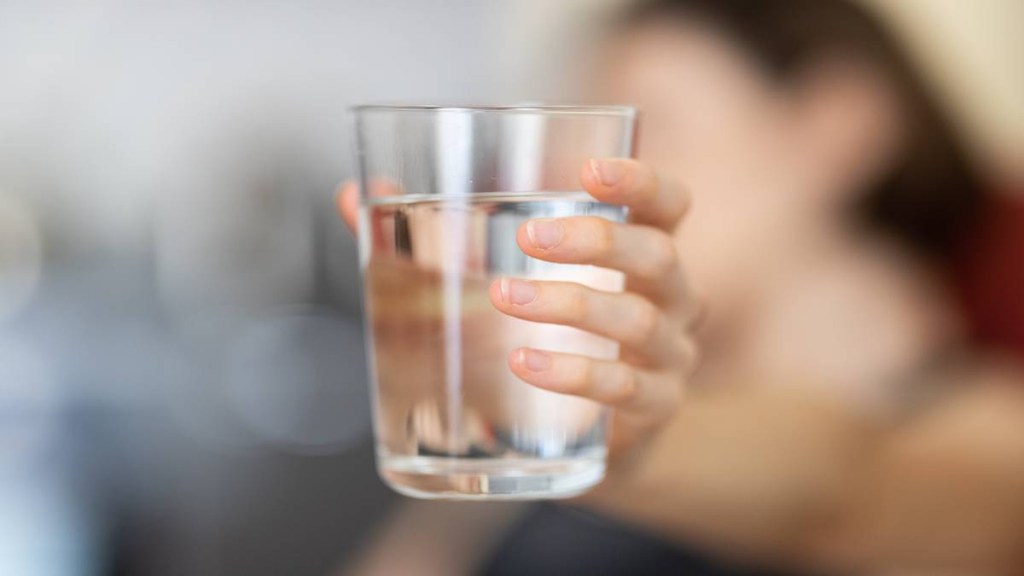In the holy month of Ramadan, most people find being hungry throughout the day a primary challenge. However, in the summer months, with the sun blazing, remaining thirsty is a more significant concern. It is pretty common that people do not have the habit of tracking their liquid consumption, which leads to dehydration.
Water plays a crucial role in maintaining the right balance of electrolytes for the body to get the proper nutrients. Even though continuous fasting can lead to dehydration and related troubles, people still forget to consume enough fluids during non-fasting hours. Here’s Dolly Kumar, Founder and Director of Gaia’s guide:
Drink plenty of water
You can even put a reminder for every hour to drink water between iftar and sehri because it is crucial to consume adequate amounts of water. One must try to drink at least eight glasses of water throughout the day. Instead of gulping down large quantities of water, take small sips frequently. You will stay hydrated without any discomfort. You can also create your own infusion just by adding a few lemon slices or mint leaves and even cucumber slices to your water and de-toxify your system.
Avoid caffeinated and sugary drinks
After breaking the fast, people often take sugary drinks like soft drinks or concentrated fruit juices, flavoured milk, etc. These caffeine-heavy and sugary drinks can cause dehydration and make you thirsty later. It is best to avoid these during sehri. It’s best to avoid sugary drinks and replace them with plain water, herbal tea, or coconut water. Other slightly sweeter but healthier options include shikanji, chaas, aam panna, lassi, etc. These drinks balance a fluid (water/curd/fruit pulp) with small amounts of sugars like jaggery or brown sugar, along with spices and salts (black, pink salt, sea salt, etc.).
Eat foods with high water content
You should add foods such as watermelon, cucumber, lettuce, etc., as they help stay hydrated long after consumption. You can also add other fruits and vegetables with high water content to stay hydrated during the fast. Food with high salt or spicy foods can make you thirstier and dehydrated, so it’s best to avoid them.
Break your fast with water and dates
After fasting for the whole day, the body needs energy and dates are packed with natural sugar that gives an immediate boost. It is best to break your fast by either drinking water or eating dates. It is an excellent way to rehydrate your body and replenish lost nutrients. Dates are also rich in fibre and contains Vitamin A, B6, folic acid, potassium, magnesium and sodium. Eating dates reduces hunger pangs and prevents excessive eating during iftar.
Other food options
If drinking water seems too much, you can also add hydrating food items like oats and trail mix to your meals. They will not only keep you full longer but will keep you hydrated throughout the day. There are plenty of fruits and vegetables with a high water content that you could try instead. You can also finish your sehri with vegetable soup.







